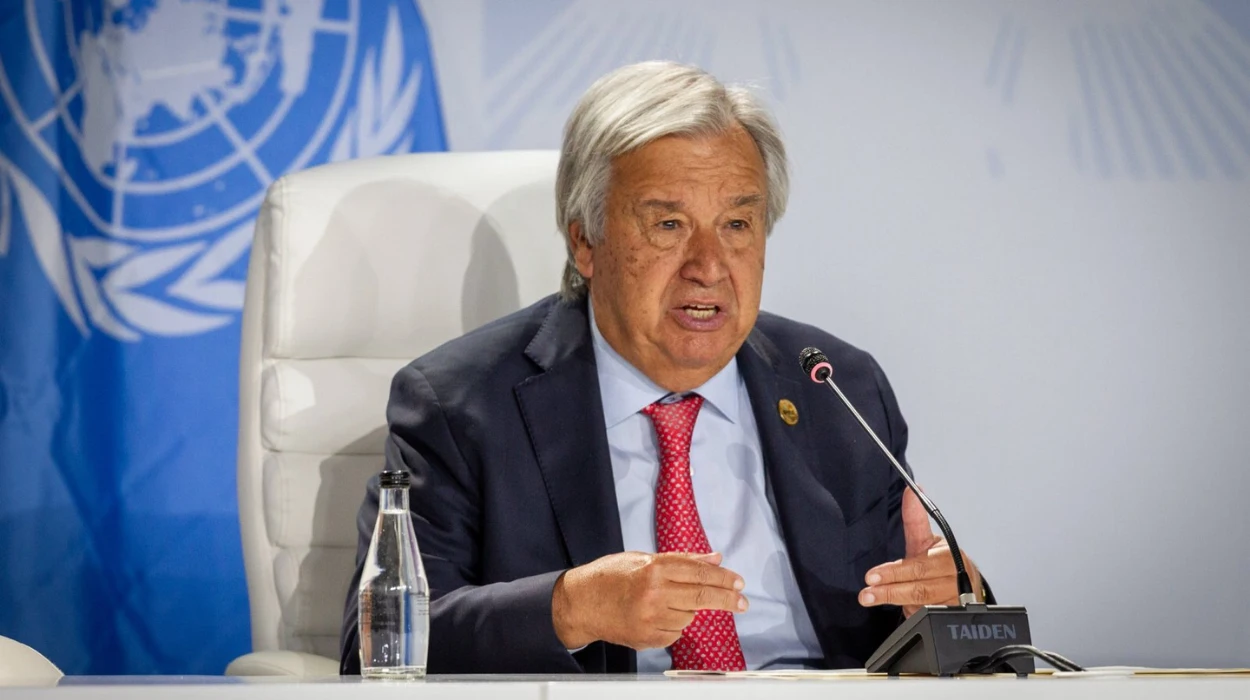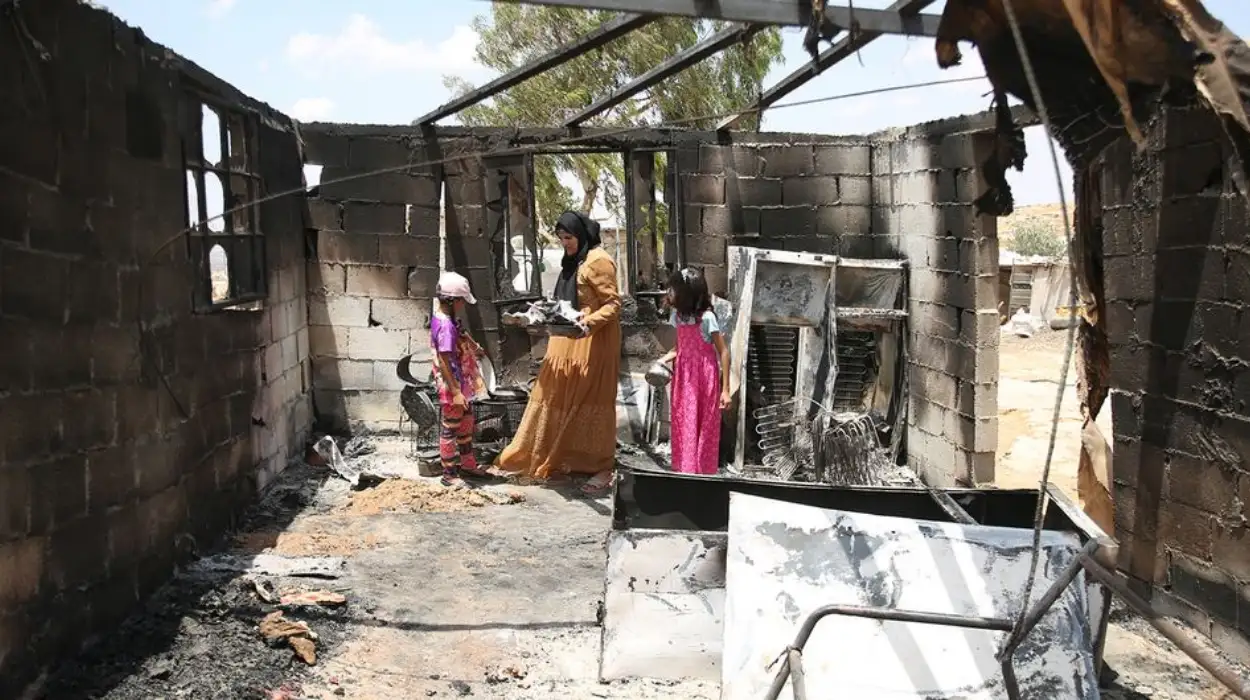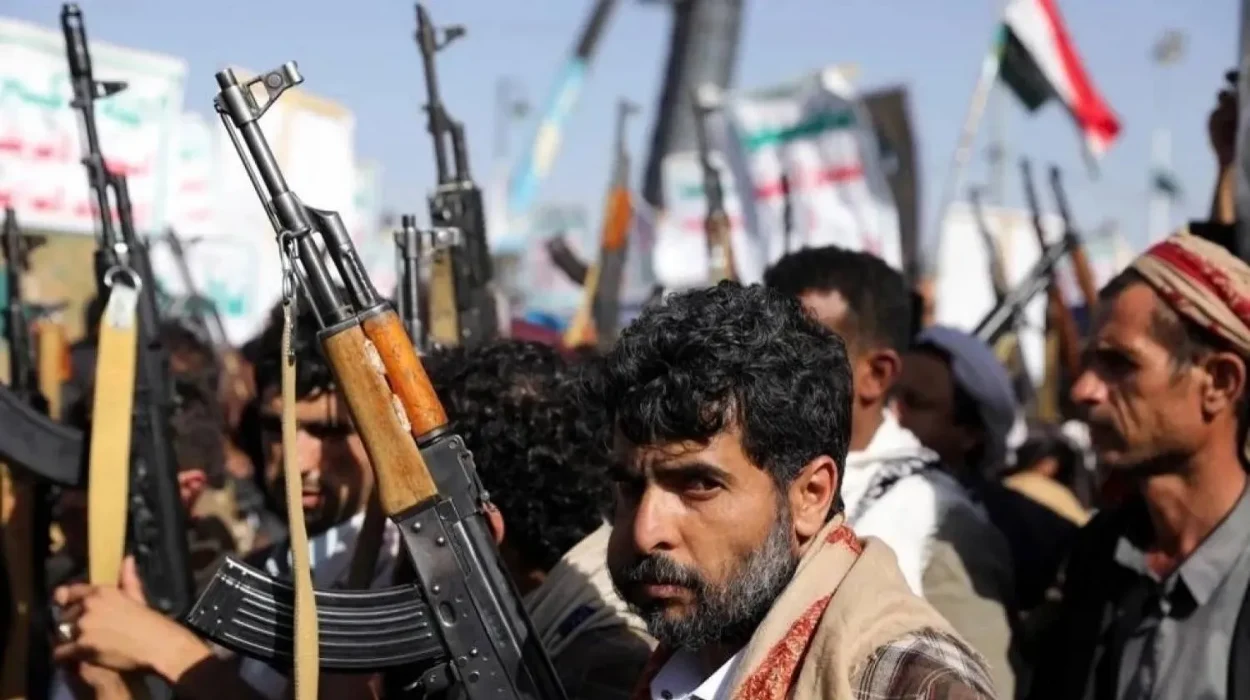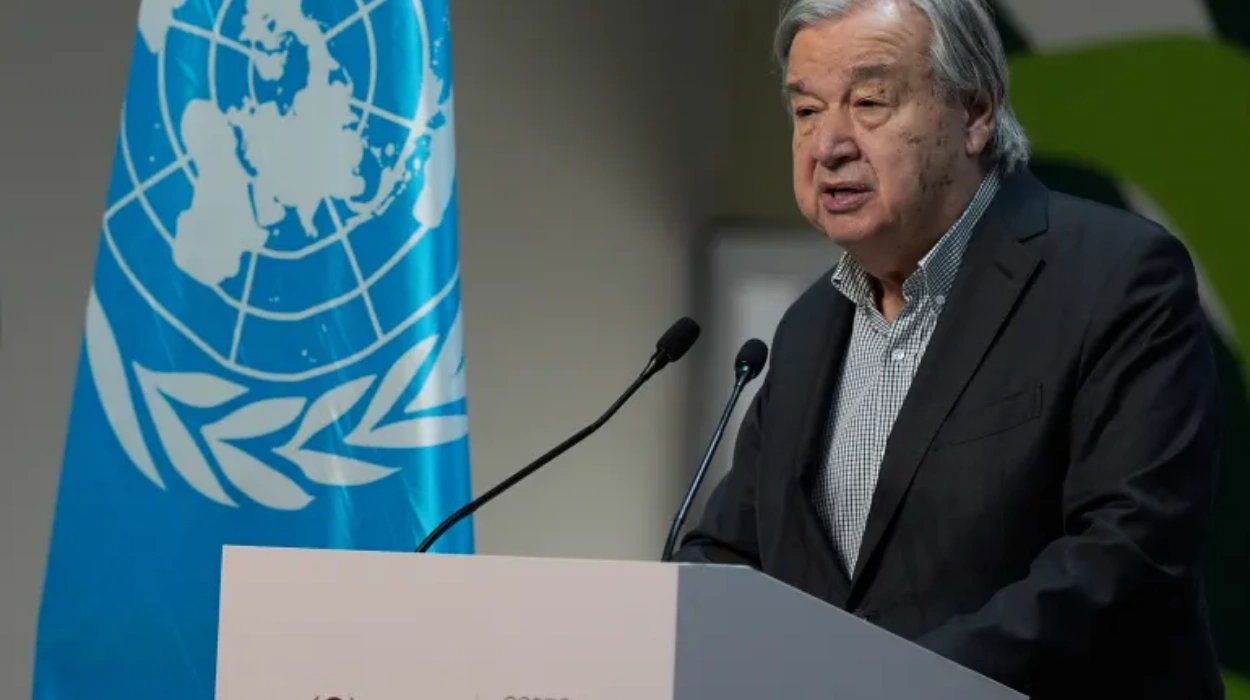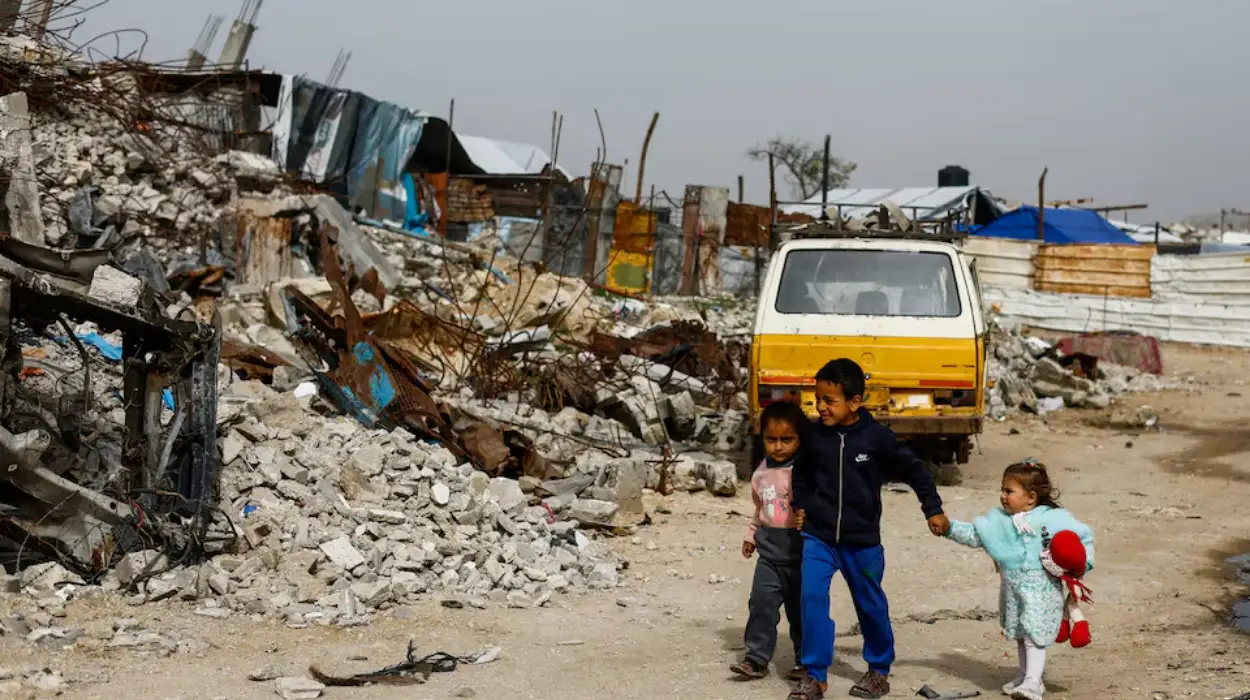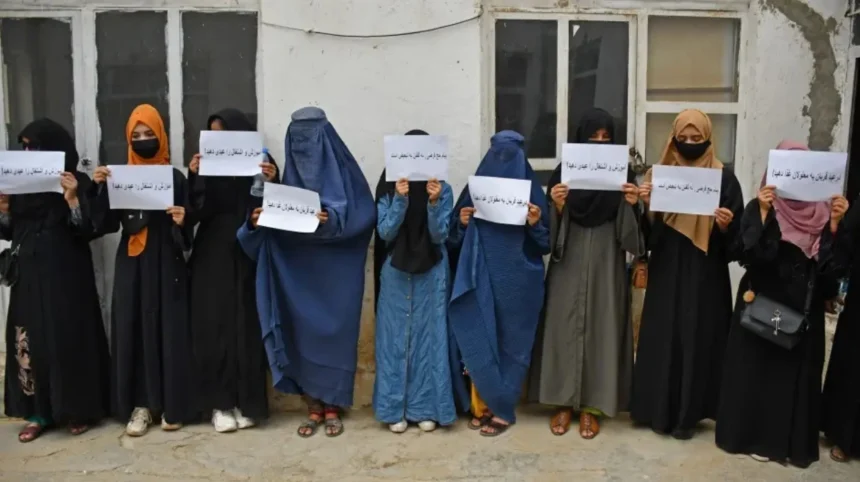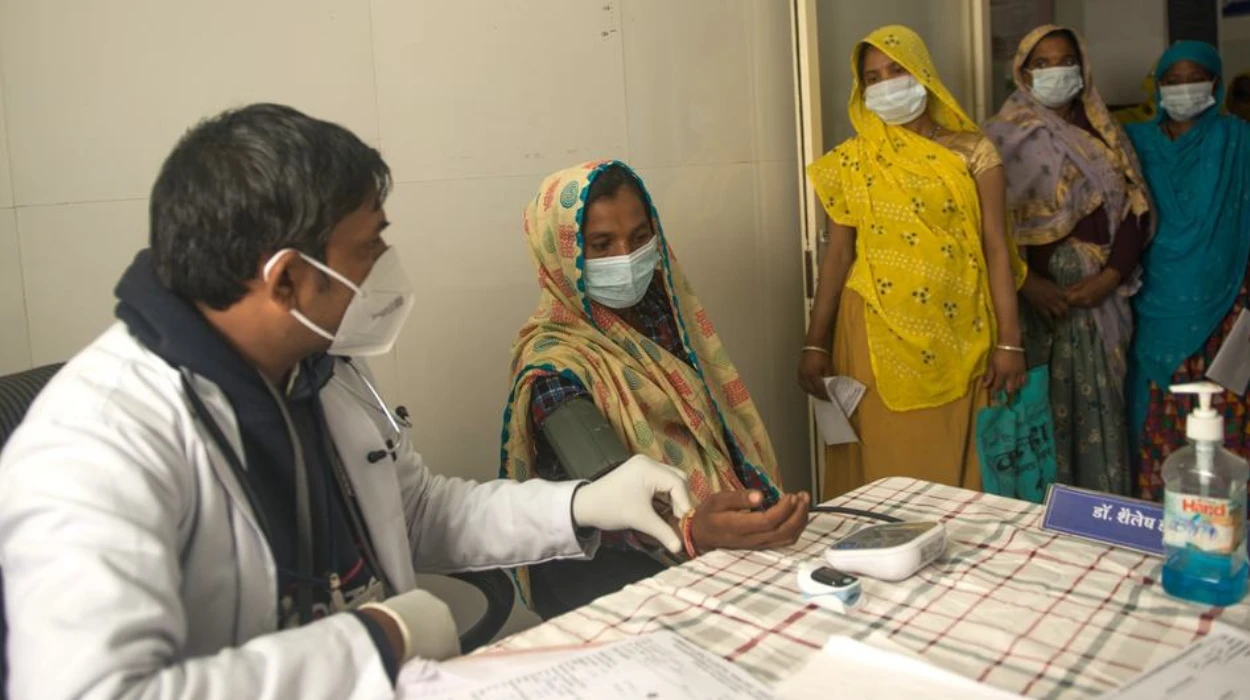The fact that the UN pays increased attention to the situation in Afghanistan in 2025 explains the severity of the systematic gender repression during the Taliban rule. In August 2021, there were restrictive orders that have transformed the life of Afghanistan, removing the right of women to access education, employment, and other fields, and to be in the streets and the law. These acts are described by UN bodies and legal institutions such as the Amnesty international and international commission of jurists as gender persecution as crimes against humanity.
The UN High Commissioner and Special Rapporteur of Afghanistan claim that the Taliban actions are an intentional, systemized policy structure aimed at breaking the freedom of the female and the freedom of appearing in the society. According to international legal experts, this is not a collection of isolated rights abuses but a long-term state-level campaign to take away women in the lives of ordinary citizens and decision-making bodies. The continuous eradication of the former system of justice and its substitution with Taliban-run mechanisms only deepens the persecution, making the classification under the international criminal law a fact.
ICC actions and international legal pressure
In 2024, the ruling of the International Criminal Court to initiate investigations and issue arrest warrants against the top Taliban leaders became history in terms of accountability of gender-based crimes. The case of gender persecution is mentioned in the ICC filings as a crime against humanity in 2025, which adds to the international agreement on the gravity of the case. The UN Security Council and various member states of the UN find themselves still arguing possibilities of international jurisdiction at the time when some regional governments are still not ready to take direct action against the Taliban.
UN rapporteur’s warnings on normalization
UN Special Rapporteur Richard Bennett has warned on numerous occasions that any diplomatic recognition or alleviation of sanctions without quantifiable reform would only serve to institutionalize systemic gender repression. His briefings of 2025 note that international interaction should be based on human rights standards, especially in protecting education, right to employment and legal representation of women in Afghanistan.
Taliban policies and lived impact on Afghan women
Under Taliban rule, the lives of Afghan women have been contracted in a way never before witnessed. Education bans are not limited to secondary school but rather to higher education and thus leads to a generation lockout. Universities are still not open to women, where medical, legal and technical training are blocked. Those women who once worked in civil services, judiciary, and police force were thrown out and those who tried to object to this are detained, disappeared and intimidated.
Health and economic consequences
This fact of women not being included in healthcare education and practice has put a strain on the medical system in the country. The women patients are finding it increasingly difficult to obtain the necessary reproductive and maternal care because of cultural barriers on their treatment by male physicians. The economic ripple has a nationwide economic impact that has increased poverty in those households that are dependent on female income preceding the year 2021. The agencies that develop record a decline in long-term economic development, which is directly associated with the gender suppression of the workforce.
Enforcement mechanisms and social control
The policy of restrictions is carried out based on morality patrols, intelligence monitoring, and religious policing. Women are punished due to breaking the dress code, going out without the company of male guardians and trying to work in areas where women cannot participate. Human rights observers report instances of arbitrary arrests, beatings, and humiliating treatment reported all of 2024 and early 2025. This fosters an atmosphere of paranoia and terrorism suppressing civil activism and disheartening grassroots opposition.
Global diplomatic and humanitarian tensions
The global society faces complicated strategic challenges as it tries to consider humanitarian assistance against the need to deal with atrocities. Even as billions of funds are still being transferred through the UN to prevent famine and economic meltdown, the Taliban are exploiting humanitarian reliance and at the same time are not willing to roll back these discriminatory policies. Western regimes are under pressure to attach aid to human rights standards whereas neighbors stress on practical interaction, referring to security and migration issues.
Legal and diplomatic mechanisms emerging in 2025
At the beginning of 2025, new global mechanisms were initiated in order to enhance documentation of abuses, such as a UN-mandated investigative panel dedicated to gender crimes. Similar actions are submissions to the International Court of Justice in accordance with the Convention on the Elimination of All Forms of Discrimination against Women (CEDAW). Travel bans and asset freezes against Taliban leaders involved in gender repression are also still being called.
Civil society and diaspora initiatives
Some Afghans work as activists outside their country and this has increased the campaign by using international forums and distance education programs. Digital learning systems seek to circumvent Taliban prohibition, but internet censorship and monitoring are increasingly difficult. The civil society networks also strive together with international legal professionals to preserve evidence, educate women remotely on legal literacy and sustain international presence.
Prospects for accountability and structural change
The continued global attention has ensured that the situation of Afghanistan women is kept in the global agenda, and change of structure still remains unrealized. There is no sign of the Taliban retracting policies and publicly justifying their position as in line with their understanding of the Islamic rule. Nevertheless, international records, litigation, and concerted diplomatic effort go on to create precedent. Analysts believe that gender persecution as crimes against humanity in the modern world will condition future systems of accountability of oppressive governments in other countries.
Enforcement may be affected by regional geopolitics. Balance between involvement and criticism by rival powers casts doubt on the international determination. Simultaneously, inner Taliban rifts also emerge, which are caused by conflicts between extremist elements and those who are afraid of economic isolation in the long term. It is questionable whether such internal processes can result in policy changes unless there is continued pressure.
The global outcry of the Afghanistan crisis is an exemplary case study in the protection of human rights standards in the age of increasing authoritarianism. The world is experiencing a big test as the legal and diplomatic endeavors of 2025 come into play: can women equality and accountability principles rise above geopolitical calculations? It still remains to be determined what will come next and whether the present-day efforts are the building blocks of the international protection system that will exist over the long term, or Afghan women will still be left standing at the intersection of the failed promises and the challenged ideals of the world order.


